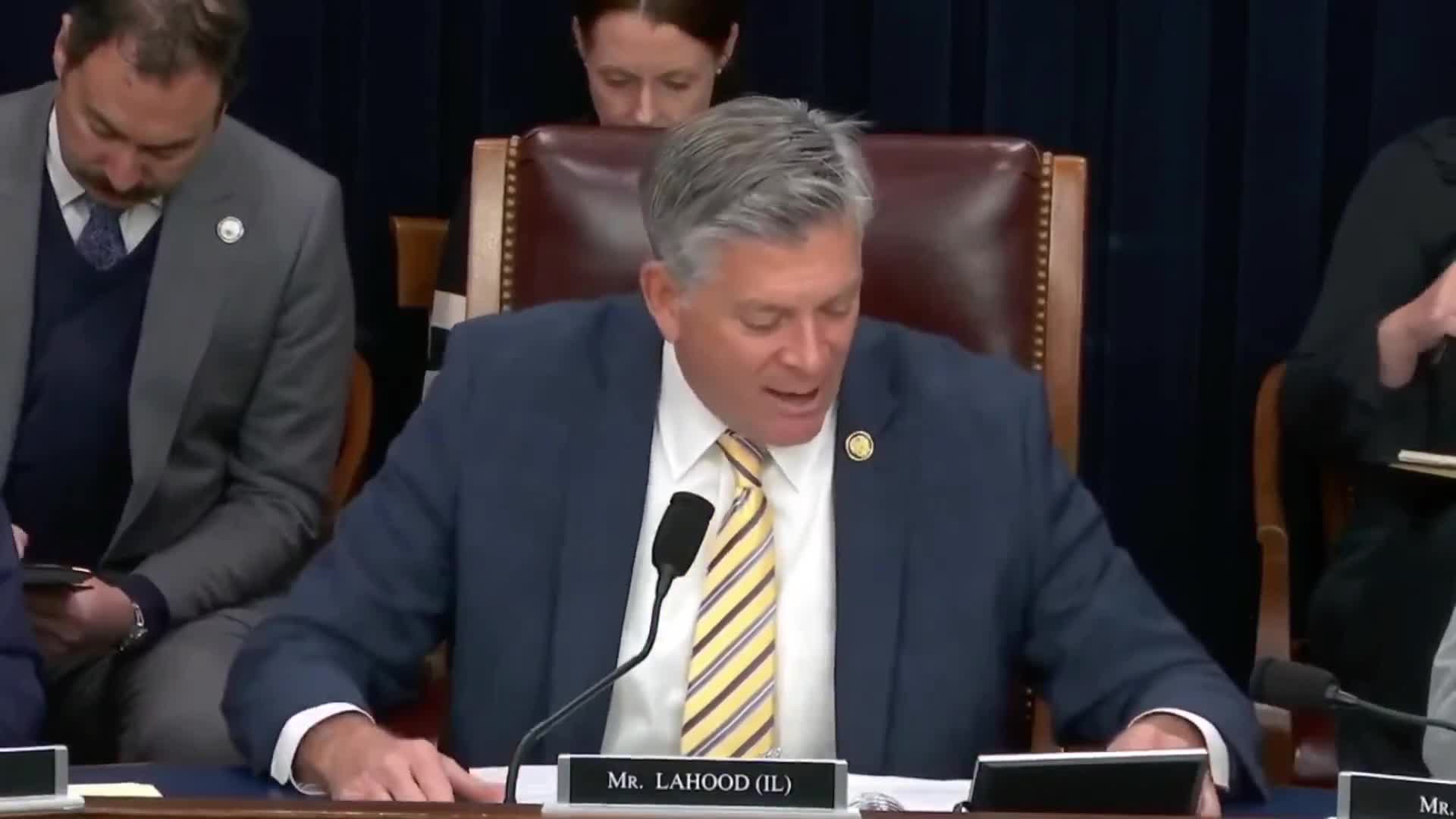House subcommittee opens hearing on using technology to help foster youth, LaHood says modernization urgent
Get AI-powered insights, summaries, and transcripts
Subscribe
Summary
Chairman Darren LaHood opened a House Ways and Means subcommittee hearing framing technology as a key tool to improve Chafee program outcomes for transition-age foster youth, citing gaps in state systems, high trauma rates, and an executive order calling for modernization.
Chairman Darren LaHood opened a House Ways and Means Welfare and Work subcommittee hearing calling for modernization of state child welfare systems and wider use of technology to support transition‑age foster youth.
"Youth aging out of foster care are one of the most vulnerable populations in our country," LaHood said, and cited statistics he described as stark: "80 percent of foster youth experience trauma before adulthood," and "nearly 35 percent of former foster youth experience homelessness by age 21." He said the hearing will examine how technology and innovation can help caseworkers better support those youth.
LaHood framed the session as part of a bipartisan effort to reform and modernize the Chafee foster care program and noted that at a recent event he joined President Trump and First Lady Melania Trump for the signing of an executive order titled "Fostering the Future for America, American Children and Families," which calls for modernization of state child welfare systems and expanded use of technology. "The executive order includes a call for the modernization of state child welfare systems and expanding the use of technology," LaHood said.
He described persistent technology problems in some state systems, saying many jurisdictions still rely on "green screen mainframes" and the equivalent of "electronic 'sticky notes,'" which he said increases administrative burden and fuels turnover among caseworkers. "When caseworkers rely on spreadsheets or clunky software applications to track cases, it does not create an optimal environment for identifying unmet needs or helping youth cultivate relationships with family and kin," he said.
LaHood said he has seen private‑sector tools developed by former industry professionals that show "incredible results for our foster youth," and he voiced a belief that federal Chafee funds could have greater impact when paired with modern case management tools. He thanked witnesses for traveling to testify and recognized Ranking Member Congressman Danny Davis before moving to witness introductions.
The hearing will proceed with witness testimony and questions from members; LaHood said he expects the committee to use lessons from the session to inform work on Chafee and related federal programs.
